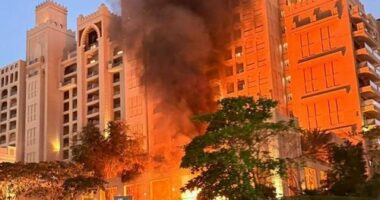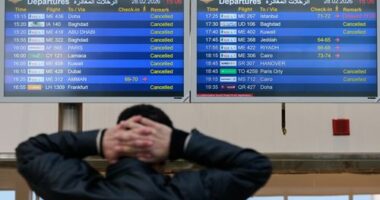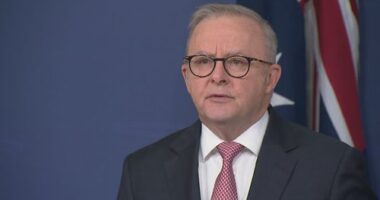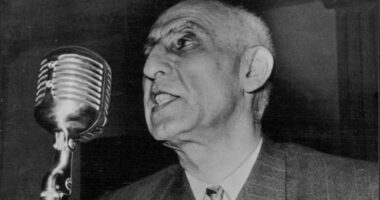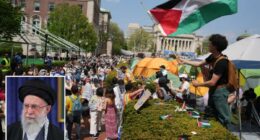Share this @internewscast.com
As Australians head to the polls, voters in another country are casting their ballots, in an election with a far more predictable outcome.
Singapore’s election on Saturday is similar to the one in Australia in different ways. For example, voting is compulsory for the country’s more than 2.7 million registered voters, and the campaign has also focused on issues like the cost of living and housing availability.
But unlike the Australian election — for which most polls have indicated a Labor victory but a relatively close race — experts are nearly certain about who will win in Singapore.
Here is what you need to know about the 2025 Singaporean general election.
How will it work?
Singapore’s political system follows the Westminster model. In this system, the head of state is the president, while the head of government is the prime minister.
Typically, the prime minister is the leader of the majority party in parliament, similar to the structure in Australia.
As such, the country has two types of elections: parliamentary and presidential.
This is Singapore’s 19th general election for parliament since 1948, and the 14th since its independence in 1965.
Unlike Australia, these elections are held in Singapore every five years.
These voters will elect 97 members to parliament, and the electoral system includes single-member districts in addition to group representation constituencies (GRCs) where voters will pick a team of up to six members rather than an individual.
Voting ends at 8pm local time (10pm AEST), with the outcome to be known in the early hours of Sunday.
Who is in the running?
The election is between the ruling People’s Action Party (PAP) and its opposition.
The PAP has been in power in the country since 1965, which is not expected to change — at least in this election. The party has long had the upper hand in Singapore’s politics, with a big membership, influence in state institutions and far greater resources than its opponents.
However, this will be Prime Minister Lawrence Wong’s first big challenge since he came to power last year, after the previous prime minister, Lee Hsien Loong, stepped down after being in power for two decades.
In 2020, the party’s popularity fell from about 70 per cent in 2015 to an almost record low, as 61 per cent of the voters cast their ballot in favour of them.
The PAP has already won five seats in the election, since the opposition failed to nominate candidates, and 46 per cent of the overall candidates represent the party.
The Workers’ Party (WP), led by Pritam Singh, is the largest opposition party in Singapore.
During the last election, the WP garnered more than 11 percent of the vote, earning 10 seats in the national parliament. For this election, WP has put forward 26 candidates.

What is the election about?
Similar to Australia and several other countries, the cost of living and housing availability are key issues discussed in the Singapore elections.
Singapore was named the world’s most expensive city to live in 2024, according to a report by Julius Baer. Trump were also another topic that overshadowed the country’s election.
Wong has been a vocal critic of the policy, while the Workers’ Party leader has also called for unity against the tariffs.
— With additional reporting by Reuters
For the latest from SBS News, and .
Visit the to access articles, podcasts and videos from SBS News, NITV and our teams covering more than 60 languages.

